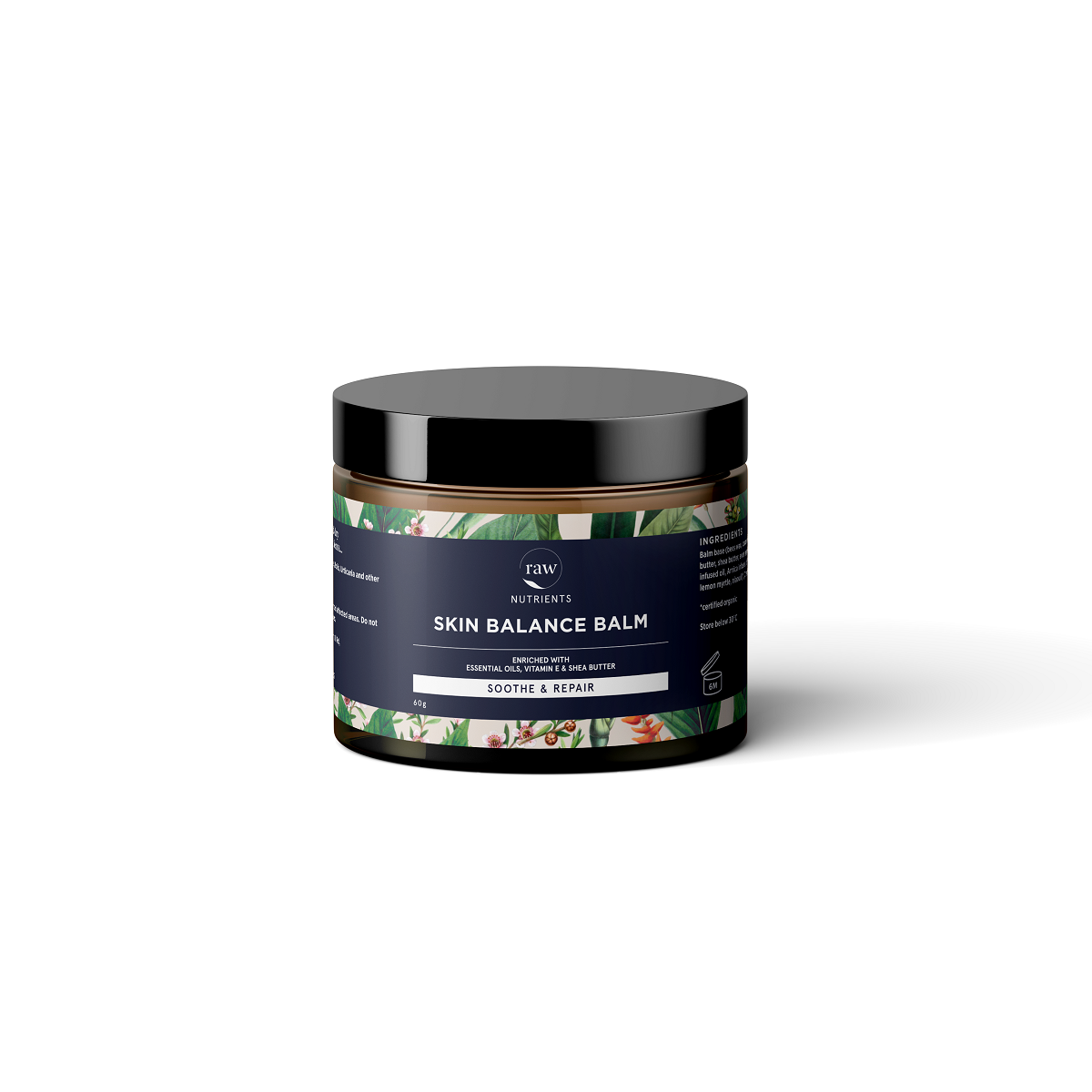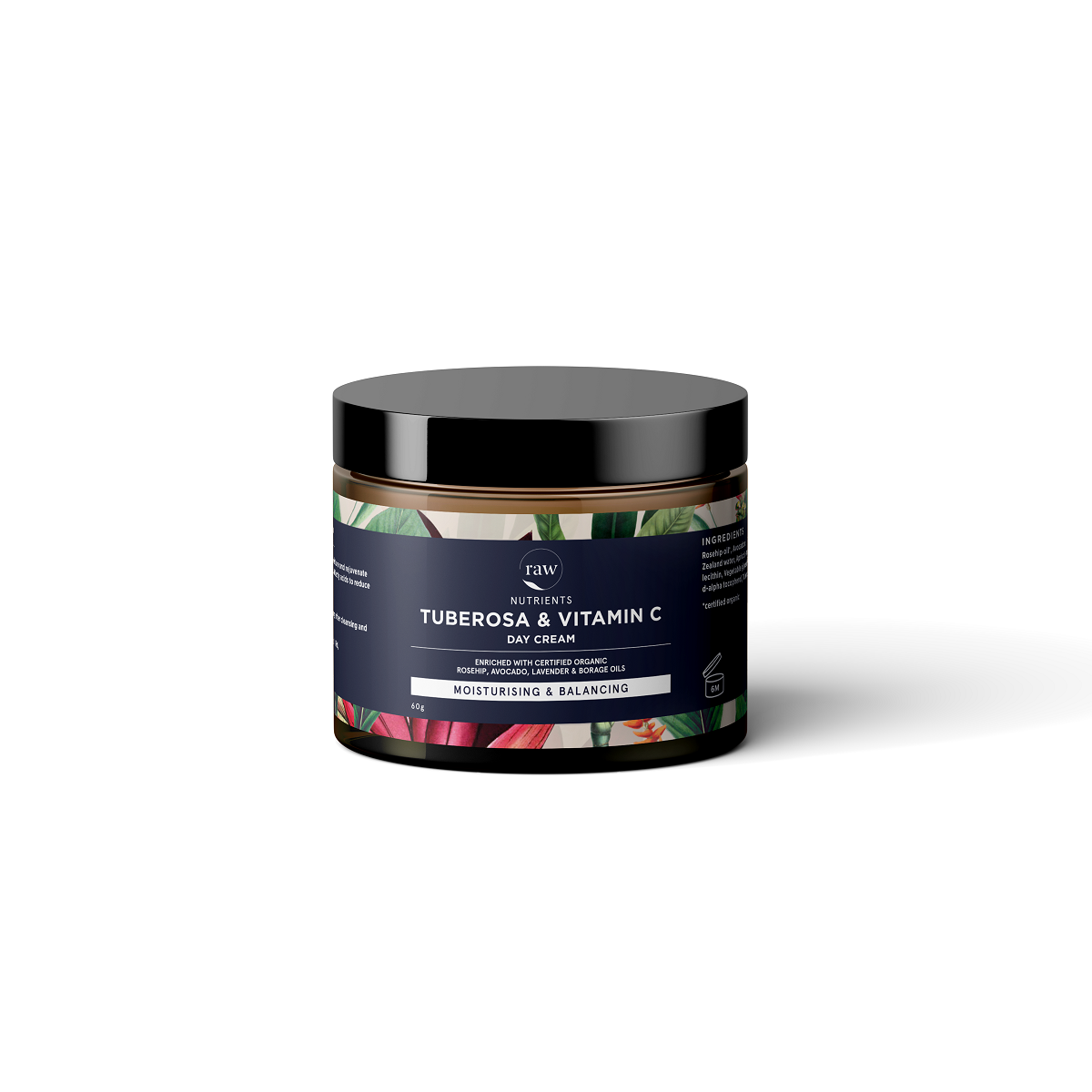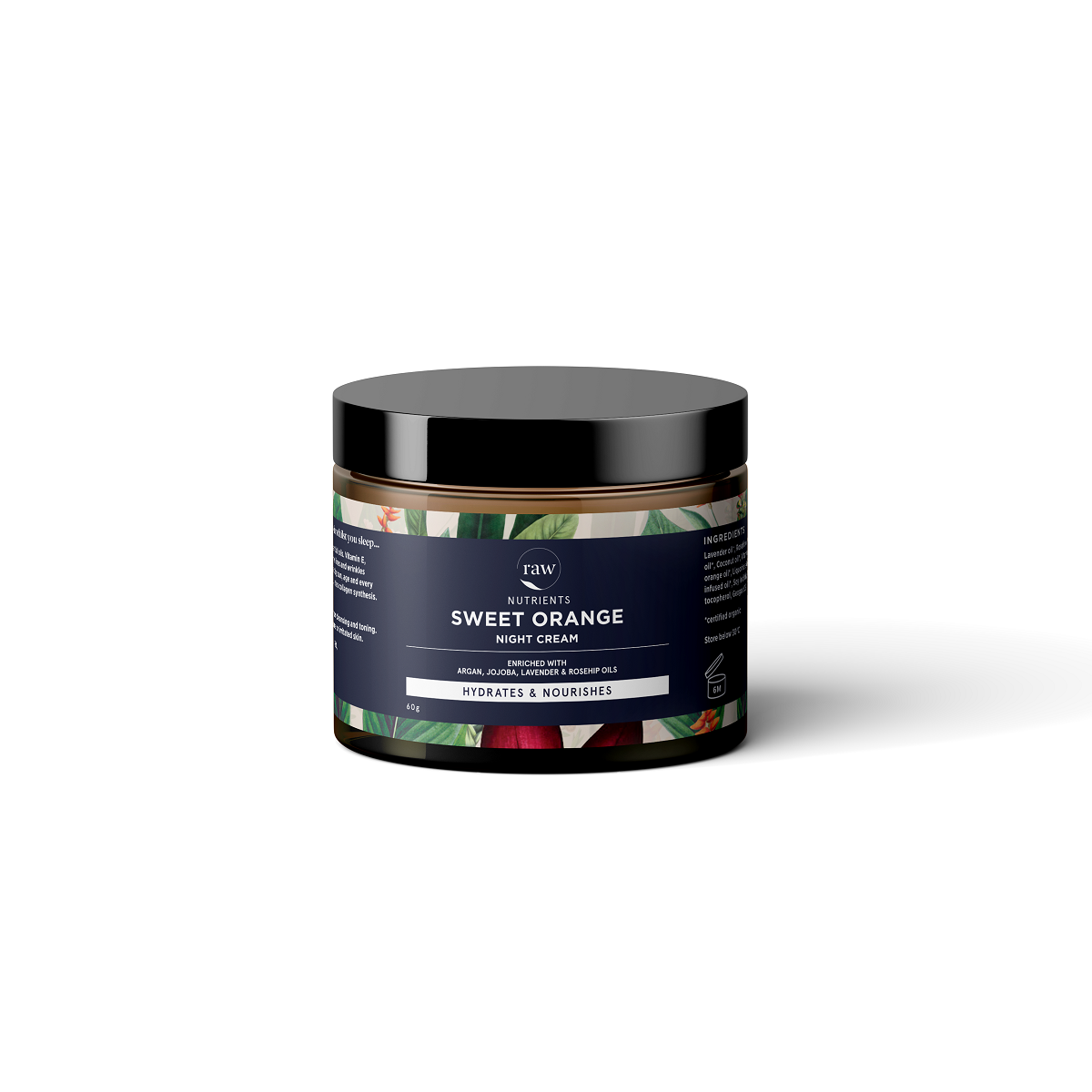-

Think about zinc!
Zinc plays many important roles in your body. This essential dietary mineral is involved in metabolism processes, hel...
-

Magnesium; Are We Consuming Enough?
There is widespread magnesium deficiency, and given the importance of magnesium in the body, it is but essential to r...
-

Probiotics; When & how do they work best?
Your gastrointestinal system comprises different microorganisms. The gut bacteria play a vital role in the health and...
-

Vitamin C; How does it benefit wellness?
Vitamin C has gained popularity as an antioxidant. However, research claims that it can act as both an antioxidant an...

The power of Vitamin D in the treatment of HIV
Research finds that vitamin D deficiency is commonly found in HIV people.[1] Vitamin D plays a key role in regulating host defense against infections. It is believed to activate and regulate genes and cellular pathways that boost immunity.
Observational studies note high rates of low vitamin D levels in HIV patients. HIV-infected people experience low vitamin D levels due to traditional risk factors. The reason is also believed to be contributed by HIV- and antiretroviral therapy. [2]
Deficiency of Vitamin D is often associated with inflammation and immune activation. Besides, it is linked to faster progression of HIV and poor prognosis in HIV patients.
HIV-infection is a state of chronic inflammation. The combination of HIV and lack of vitamin D could further result in the generation of pro-inflammatory cytokines and tissue dysfunction. Low 25(OH)D levels might result in the severity of infections and malignancies, which are often reported in patients diagnosed with HIV. Besides, it has been found that HIV patients suffer from obesity and lower body weight, which are believed to have a connection with vitamin D deficiency.[3]
Researchers believe that restoration of vitamin D levels to normal might play a role in reducing inflammation and HIV-related complications.
Vitamin D supplementation is crucial for getting normal VitD value in HIV patients. This might help improve immunologic recovery among HIV infected people by increasing immunity against pathogens. Additionally, vitamin D supplementation could be done during combination of antiretroviral therapy, which might further reduce levels of inflammation and immune activation.
It is to be believed that Vitamin D supplementation may protect against pulmonary tuberculosis and reduce mortality rate among HIV patients. Other non-HIV-related risk factors for Vitamin D deficiency include limited sun exposure, sex, advanced age, liver and kidney diseases, skin pigmentation, lack of vitamin D in diet, gastrointestinal absorption disorders, diabetes, higher body mass index, and alcohol intake.
All of these risk factors pose a risk to HIV-positive and negative people.
VitD hinders the maturation of dendritic cells, thus preventing the excessive inflammatory response to infectious diseases.
Several HIV risk factors might cause Vitamin D deficiency. Further, HIV patients often experience chronic inflammation. Besides, there are signs of immune activation. Not only this, those with VitD deficiency are likely to have high pro-inflammatory cytokines. Chronic inflammation may further result in impaired activity of 1α-hydroxylase in kidneys. This drastically lowers the production of 1,25(OH)2D, primarily because the body is not able to convert 25(OH)D to 1,25(OH)2D, which is otherwise stimulated by the para thyroid hormone.
Greater inflammation is associated with a Vitamin D deficiency. Further, HIV patients who are deficient in vitamin D experience activated monocyte phenotypes, resulting in the progression of the disease, tissue dysfunction, poor prognosis, and comorbidity development.
Chronic inflammation may further cause hypovitaminosis D. High Vitamin D levels are believed to prevent the development of immune reconstitution inflammatory syndrome events. Besides, vitamin D supplementation might protect HIV patients from the incidence of pulmonary tuberculosis and mortality.
While VitD deficiency may not influence distribution of T-cell and B-cell subset in HIV patients, supplementation does help reduce immune activation levels. Besides, vitamin D supplementation also helps reduce frequencies of antigen-specific T-cells and express inflammatory protein-1β, which is an HIV blocking molecule.
Research finds that supplementation with vitamin D reduces T-cell exhaustion. Thus vitamin D promises hope as an adjuvant therapy to cART for HIV patients.
An HIV-infected person deficient in Vitamin D exhibits impaired CD4+ T-cell count recovery. Contrarily, normal Vitamin D levels are positively linked to CD4+ T-cell recovery. Research suggests supplementation for 24 weeks to derive a potential benefit of VitD on immunologic recovery. [4]
Vitamin D and Influenza
Research suggests that vitamin D supplementation has a potential to prevent seasonal influenza, providing rapid reduction in viral loads and improving disease recovery rate. It finds that high-dose vitamin D is safe for infants.[5]
Low Vitamin D levels promote inflammation and affect immune system. As a result, there is a high risk of non-AIDS-related comorbidity and mortality in those suffering from HIV. Vitamin D deficiency may further deteriorate the condition of HIV-infected patients by negatively affecting immune responses.
On the other hand, Vitamin D supplementation could reverse some of the effects of an altered immune system, particularly in those with a severe vitamin D deficiency.
References
[1] Poiana, C., et. al. (2019). HYPOVITAMINOSIS D IN HIV-INFECTED PATIENTS. Acta endocrinologica (Bucharest, Romania : 2005), -5(1), 102–106. https://doi.org/10.4183/aeb.2019.102
[2] Lake, J. E., & Adams, J. S. (2011). Vitamin D in HIV-Infected Patients. Current HIV/AIDS reports, 8(3), 133–141. https://doi.org/10.1007/s11904-011-0082-8
[3] Lake, J. E., & Adams, J. S. (2011). Vitamin D in HIV-Infected Patients. Current HIV/AIDS reports, 8(3), 133–141. https://doi.org/10.1007/s11904-011-0082-8
[4] María Ángeles Jiménez-Sousa, et.al. (2018). Vitamin D in Human Immunodeficiency Virus Infection: Influence on Immunity and Disease. Frontires in Immunology. doi: 10.3389/fimmu.2018.00458
[5] Zhou, J., et. al. (2018). Preventive Effects of Vitamin D on Seasonal Influenza A in Infants: A Multicenter, Randomized, Open, Controlled Clinical Trial. The pediatric Infectious Disease Journal.doi: 10.1097/INF.0000000000001890.
You might be interested in...
Raw Resources
Read About the Science Behind the Supplements







